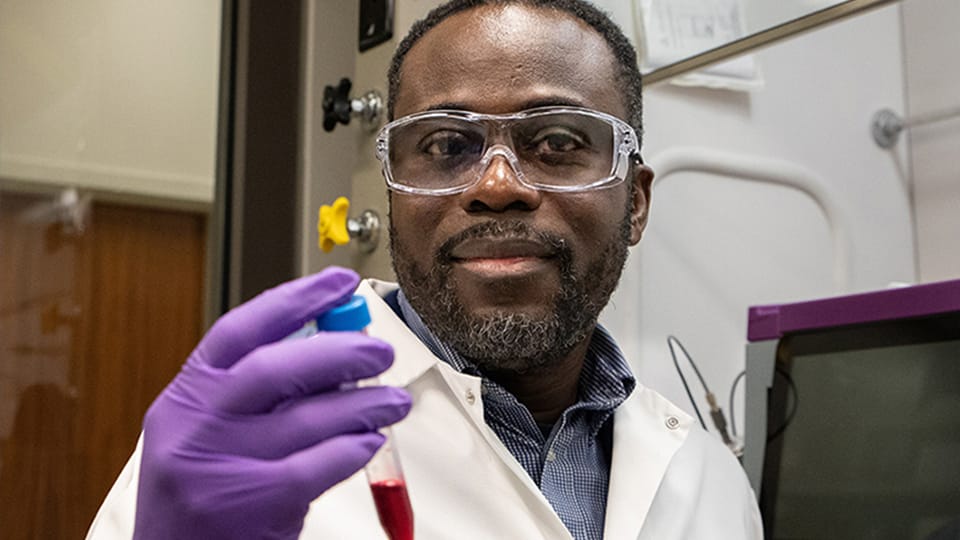Purdue researchers land funding to support innovations
Subscriber Benefit
As a subscriber you can listen to articles at work, in the car, or while you work out. Subscribe Now
WEST LAFAYETTE, Ind. - The Purdue Innovates Incubator has awarded a total of $150,000 to four Purdue researchers to further the appeal of their patent-pending innovations.
The funding comes from the Trask Innovation Fund, which supports short-term projects to enhance commercial value of intellectual property assets developed at Purdue.
Mohammad Reza Jahanshahi, an associate professor in the Lyles School of Civil Engineering, received $25,000 for his advanced computer vision system that can autonomously detect defects in pipelines, primarily for the oil and gas industry.
Jahanshahi said the technology allows for monitoring and early detection of issues and could reduce the risk of leaks, ruptures and environmental hazards.
“The primary goal of this system is to enhance pipeline safety by providing accurate detection of structural defects and anomalies,” Jahanshahi said in a news release. “Additionally, it aims to reduce operational costs and environmental risks by minimizing the need for manual inspections and enabling more efficient maintenance strategies.”
Panagiota Karava, also a professor in the Lyles School, is leading a multidisciplinary research team that has created an eco-feedback and gaming system for residential energy management.
Known as MySmartE, the platform was tested in 130 households in Indianapolis, Fort Wayne, South Bend and New Albany. The system saw a 30% energy-use reduction among the participating households.
“MySmartE addresses the need to effectively deploy energy-efficiency and decarbonization programs in residential communities that would result in measurable, transferable and sustainable outcomes,” Karava said. “This is accomplished by actively engaging and incentivizing residents in understanding and reducing their home energy use.”
Karava said the team will use its $25,000 award to help expand the MySmartE user map with a management portal.
Hyowon Lee, an associate professor in the Weldon School of Biomedical Engineering and director of the Center for Implantable Devices, received $50,000 to develop a manufacturing process for its platform designed to more safely remove blood clots in hemorrhagic stroke victims.
Lee and his partners have developed the Thrombectomy Retraction Aspiration Platform, or TRAP, which is a type of catheter that uses a microscale robot to keep the drainage path clear, saving precious minutes while removing the clot or pooled blood.
“The TRAP catheter integrates biomimetic design into the aspiration catheter tip to enhance forces to remove the obstruction and prioritizes safety,” Lee said. “The design demonstrated a greater than 200% increase in occlusion removal force compared to a traditional catheter. We believe our simple, nature-inspired approach to this problem will disrupt the field of stroke treatment.”
IIB’s Kylie Veleta spotlighted the technology in 2022.
Lee said the completion of experiments after the manufacturing process is established will lead to early prototypes that can facilitate the transition to larger-scale efforts toward regulatory approval.
Lastly, Purdue chemistry professor Herman Sintim has received $50,000 to evaluate compounds identified by his team that he says inhibit the enzymes that play crucial roles in the progression of inflammatory arthritis.
The team plans to conduct animal studies that are necessary before the treatment can be evaluated in humans.
Purdue says about $3 million in Trask funding has been awarded to 81 projects over the last decade, with 40% having been licensed or optioned to industry. Applications for the next round of Trask funding are due by Feb. 16.
